In today’s digital-first world, understanding computer science isn’t just for “tech people”—it’s becoming essential for anyone who wants to build, innovate, or lead in the 21st century.
Whether you’re curious about how apps are made, passionate about solving global problems through technology, or simply exploring your university course options, this guide breaks down everything you need to know about computer science—especially if you’re considering it as a degree.
Let’s help you make an informed decision about your future.
What Is Computer Science?
Computer science is the study of computers and computational systems, focusing on how software and hardware are designed, developed, and applied to solve real-world problems. It includes topics like programming, algorithms, data structures, artificial intelligence, and cybersecurity.
According to the Association for Computing Machinery (ACM), computer science involves the theory, development, and application of algorithms and software systems.
At its core, it’s about problem-solving, creating solutions using technology.
Key areas include:
-
Programming
-
Data structures & algorithms
-
Computer architecture
-
Artificial intelligence & machine learning
-
Databases
-
Networks
-
Cybersecurity
It’s important to understand: Computer science isn’t just coding. It’s a rigorous, logical discipline that prepares you to design the future.
A Brief History of Computer Science
Computer science as a formal discipline is relatively young but its roots go deep into history.
-
1830s: Ada Lovelace, considered the world’s first programmer, wrote algorithms for Charles Babbage’s Analytical Engine.
-
1936: Alan Turing introduced the concept of a universal machine (Turing Machine), the foundation of modern computing.
-
1940s–50s: The first digital computers like the ENIAC were built.
-
1960s–80s: Programming languages like FORTRAN, C, and later, Python and Java, were developed.
-
2000s onwards: The rise of the internet, smartphones, cloud computing, and artificial intelligence redefined what computer science could do.
Why Study Computer Science?
If you’re wondering, “Is computer science worth studying?”—the answer is a loud yes. You can read more here.
High Demand, High Impact
Computer science is one of the most in-demand and future-proof careers globally. From Silicon Valley to Lagos to Nairobi, tech talent is needed.
Solve Real-World Problems
Want to combat climate change? Improve education? Build a health app? You can do all of that with computer science.
Create, Not Just Consume
As a computer scientist, you don’t just use technology, you build it.
Global and Remote Opportunities
Tech skills give you access to global markets and the flexibility to work remotely.
Great Earning Potential
In many countries, computer science roles are among the highest-paying. For example, in the US, CS graduates earn a median salary of $109,000/year (Source)
What You Learn in a Computer Science Degree
A computer science degree combines theory with practical skills. Here are core subjects you’ll likely study:
| Course Area | Description |
|---|---|
| Programming | Learning languages like Python, Java, C++ |
| Data Structures | How to organize data for efficiency |
| Algorithms | Techniques to solve problems quickly |
| Operating Systems | How computers manage hardware & software |
| Databases | Storing, organizing, and accessing data |
| Software Engineering | Building scalable applications |
| AI & Machine Learning | Teaching computers to learn from data |
| Cybersecurity | Protecting systems and data |
Career Opportunities in Computer Science
With a CS degree, you’re not limited to one career path. Here are some of the most common and exciting options:
Tech Roles
-
Software Developer
-
Full-stack Engineer
-
Mobile App Developer
Data Roles
-
Data Scientist
-
Business Intelligence Analyst
-
Machine Learning Engineer
Security & Systems
-
Cybersecurity Analyst
-
Systems Administrator
-
Cloud Engineer
Creative & Strategic Roles
-
UX/UI Designer
-
Product Manager
-
Tech Entrepreneur
Every industry now uses tech, from finance, healthcare, education, agriculture, to media. Your skills will always be relevant.
Recommended Post: What Can You Do With a Computer Science Degree
What Skills Do You Need to Succeed?
Not sure if you have what it takes? Here’s what helps:
-
Logical Thinking – breaking down complex problems
-
Basic Math – algebra, logic, and discrete math
-
Curiosity – willingness to learn and experiment
-
Perseverance – debugging is part of the journey!
How to Get Started as a Computer Science Student
Choosing the Right Program
-
Look for accredited programs
-
Review the curriculum and faculty
-
Check student projects, internship opportunities, and graduate outcomes
Explore ALCHE’s Computer Science Path
At ALCHE, our Software Engineering degree and Computer Science degree is designed to blend computer science theory with real-world application, preparing you for the digital economy of Africa and beyond.
📍 Why ALCHE?
-
Project-based learning
-
Tech entrepreneurship focus
-
Global exposure and remote-friendly curriculum
Conclusion: Your Future Starts Here
Computer science isn’t just about computers, it’s about ideas, innovation, and impact. If you’re looking for a career that’s future-ready, intellectually exciting, and globally relevant, computer science is an excellent choice.
Ready to start your journey?





